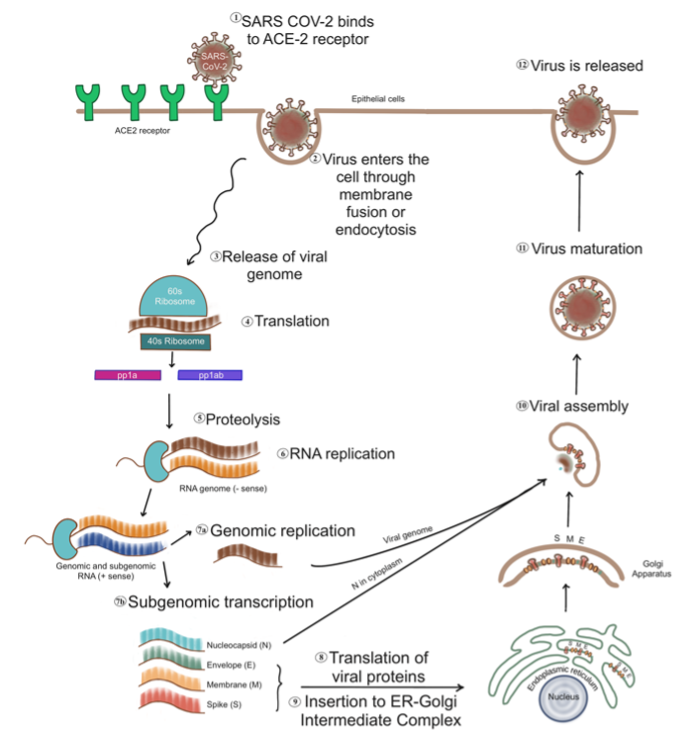VOLUME 16 NUMBER 2 (July to December 2023)

SciEnggJ. 2023 16 (2) 275-290
available online: August 18, 2023
*Corresponding author
Email Address: jaderiquito@up.edu.ph;
Leodevico.ilag@gmail.com
Date received: February 13, 2023
Date revised: June 26, 2023
Date accepted: July 29, 2023
DOI: https://doi.org/10.54645/2023162YFG-59
ARTICLE
Long Chain Polyunsaturated Fatty Acids and Their Role in COVID 19-associated Inflammation and Dysbiosis
Institute of Biological Sciences, College of Arts and Sciences,
University of the Philippines Los Baños, Philippines 4031
2BS Biology, Major in Genetics, Institute of Biological Sciences,
College of Arts and Sciences, University of the Philippines Los Baños,
Philippines 4031
3Director, Plentex Limited, Cheltenham, Victoria 3192, Australia
The COVID-19 pandemic has been an on-going global health problem since it started more than three years ago. Efficient treatment and its emerging long-term effects remain unresolved. The primary cause of COVID-19 deaths is the excessive immune response resulting in a cytokine storm leading to eventual organ failure. Dysbiosis has been observed in patients infected with SARS-CoV-2, promoting further inflammation and increasing risks for long COVID. Most of the current treatments for COVID-19 including vaccines are directed against the virus and its replication. However, these treatments need to be administered before viral infection (in the case of vaccines) or early in the infection process. Moreover, these treatments do not address the inflammatory phase of the disease, where cytokine storm increases the risk of death or may be a significant contributor to long COVID. Omega-3 fatty acids which are components of cell membranes are known to be precursors of anti-inflammatory compounds and aid in the regulation of the human microbiome. This article presents a hypothesis that posits the role of long-chain polyunsaturated fatty acids in modulating COVID-19 inflammation via the regulation of the lung and gut microbiomes, which have been associated with the body's immune response to SARS-CoV-2 infection. With known safety and benefits of omega-3 fatty acids, supplementation may be effective in preventing severe COVID-19 symptoms, managing mild and moderate symptoms, and may even extend post-recovery to mitigate increased risk for cardiovascular diseases after SARS-CoV-2 infection and recovery.
© 2026 SciEnggJ
Philippine-American Academy of Science and Engineering